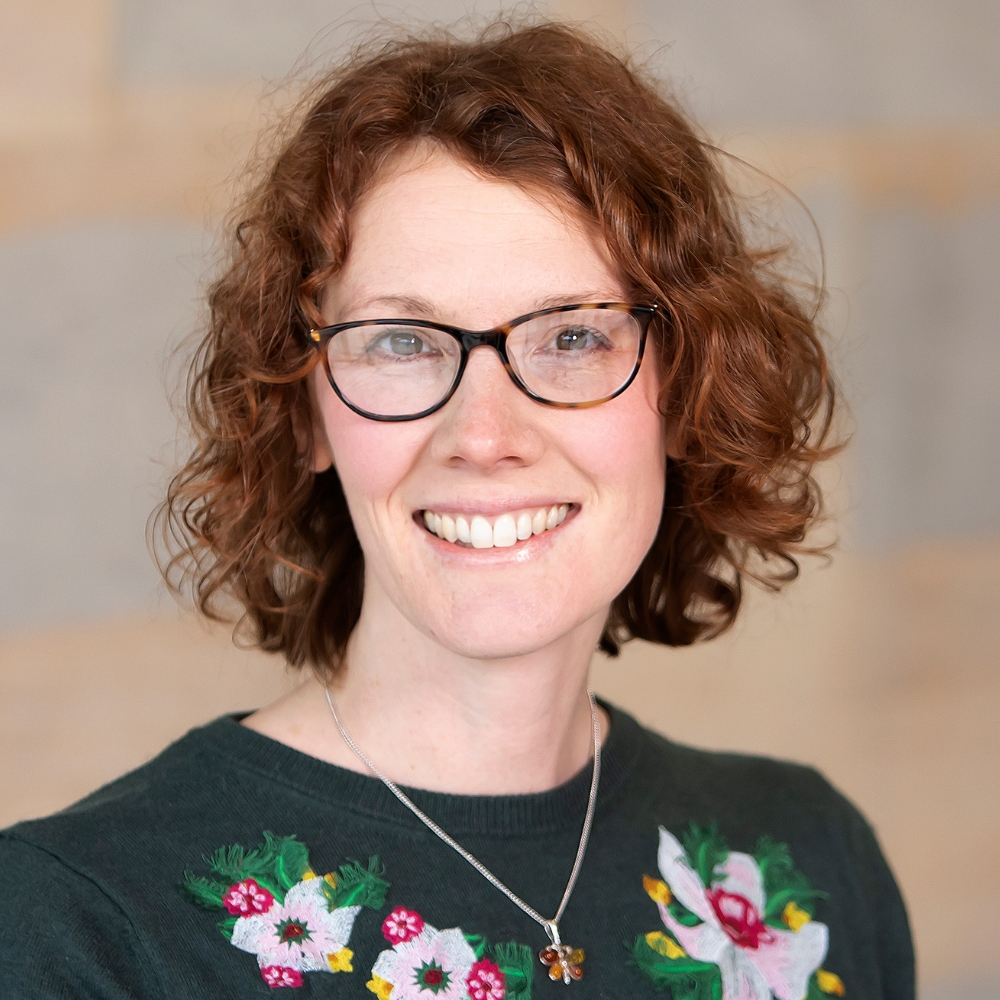Interdisciplinary focus
This project will have a strong interdisciplinary focus, combining sociological understandings of how technology can transform human-environment relations through qualitative methodologies, with recent developments in automated technology and methods for analysing, visualising and interpreting animal and environmental sensor data. The project will involve direct collaboration with farmers, land managers, conservationists, and agricultural workers, as well as agrotechnology companies.
Training and support
You will be supported through the Sustainable Transitions training programme which provides initial training in interdisciplinary research methods, training in the secondary discipline within the project area, and ongoing training throughout the duration of the programme. All doctoral scholars benefit from the support of Proficio, which entitles you to £2,500 that can be used to purchase training courses either within or external to the University.
Additionally, all scholars are entitled to an additional £10,000 that can be used to cover research costs and further training. Doctoral scholars are encouraged to audit/attend University masters and degree level courses where appropriate. You will also have the support of the Sustainable Transitions management team as well as your own supervisory team. All Sustainable Transitions scholars will become part of the University of Essex Centre for Environment and Society through which ongoing events and networking opportunities are available.
Person specification
This opportunity would suit a candidate with a social science degree/ background, with an interest in Science and Technology Studies, the sociology of work, qualitative methodology, data visualisation and analytics or sustainable agriculture and conservation. While prior training in both qualitative and quantitative methodologies is not required, expertise in one would be an advantage, with training provided in both during the programme.
Research proposal
The project area is broadly defined, leaving scope for the applicant to develop their own specific research proposal as part of the application. The successful candidate will further develop their proposal in close consultation with the supervisory team.
Supervision
The primary discipline supervisor takes the lead responsibility for supervising the project. For further detail relating to supervision see the Guidance for Applicants (.docx) document.
Additional background information
Whilst research has explored the impact of digitalised ways of working in other sectors – for example to understand the gig economy, or work/life balance – we know less about the use of digital tools on the working practices of farmers, land managers, and agricultural workers. This project will explore how automated digital technology might change working patterns, and whether this will have positive or negative impacts for the environment and those working with it. Technologies may well be designed with the intention of making the shift to sustainable farming practices and livestock management easier to predict and govern, but they rely on humans that recognise, engage with and put into practice the affordances of these technologies.
New forms of Precision Farming enable farmers, land managers and agricultural workers to better manage their land and livestock in the context of sustainability transitions. New sensor technology is increasingly being used by farmers, land managers, and those working in the agricultural and conservation sectors, and can include both animal-mounted (such as GPS trackers) and environmental (temperature, humidity, etc) sensors that collect data continuously in an automated way over extended time periods (months at a time). Such technology can lead to dramatic increases in efficiency and improve sustainability (e.g. virtual fencing systems enabled by GPS trackers on livestock allow commons land to be managed and reduces the need for electric fencing), or enable improvements in monitoring animal behaviour, health and welfare.
For these reasons, these technologies are being trialled by leading agricultural stakeholders across the UK as one way to achieve sustainable land management. However, many commercially available sensor systems are often ‘black boxes’ and there is a lack of understanding across the farming and conservation communities on how to use or interpret the large amounts of data that are now available. Meanwhile, there has been very little research into 1) how this technology will impact the lives of those directly working within the agriculture sector, and 2) the way this technology is being promoted and utilised by private and civic organisations.
The successful candidate will have immediate access to both new and historical sensor data collected through an ongoing collaborative research network that includes farmers, land managers, and agritech and sensor companies. This provides significant added value and means an immediate start can be made with the project. The PhD candidate may explore how visualisation techniques could be employed by different stakeholders to communicate the impact of this technology with farmers and the industry. Or they could undertake qualitative case study research with those who are employing or considering employing this technology to better understand its benefits and drawbacks.
How to Apply
Full details available at Sustainable Transitions Leverhulme Doctoral Training Programme.
Supervisory team references
- Morgan Brett, B. & Wheeler, K. (2021) How to do Qualitative Interviewing, London: Sage Publications
- Wheeler, K. & Glucksmann, M. (2015) Household Recycling and consumption work: social and moral economies, Hampshire: Palgrave Macmillan
- Chopra, Kareemah and Enticott, Gareth and Codling, Edward A (2024) Where did my dog go? A pilot study exploring the movement ecology of farm dogs. Frontiers in Veterinary Science, 10. DOI https://doi.org/10.3389/fvets.2023.1325609
- Vázquez Diosdado JA, Barker ZE, Hodges HR, Amory JR, Croft DP, Bell NJ, Codling EA. Space-use patterns highlight behavioural differences linked to lameness, parity, and days in milk in barn-housed dairy cows. PLoS One. 2018, 13(12):e0208424. doi: 10.1371/journal.pone.0208424.








